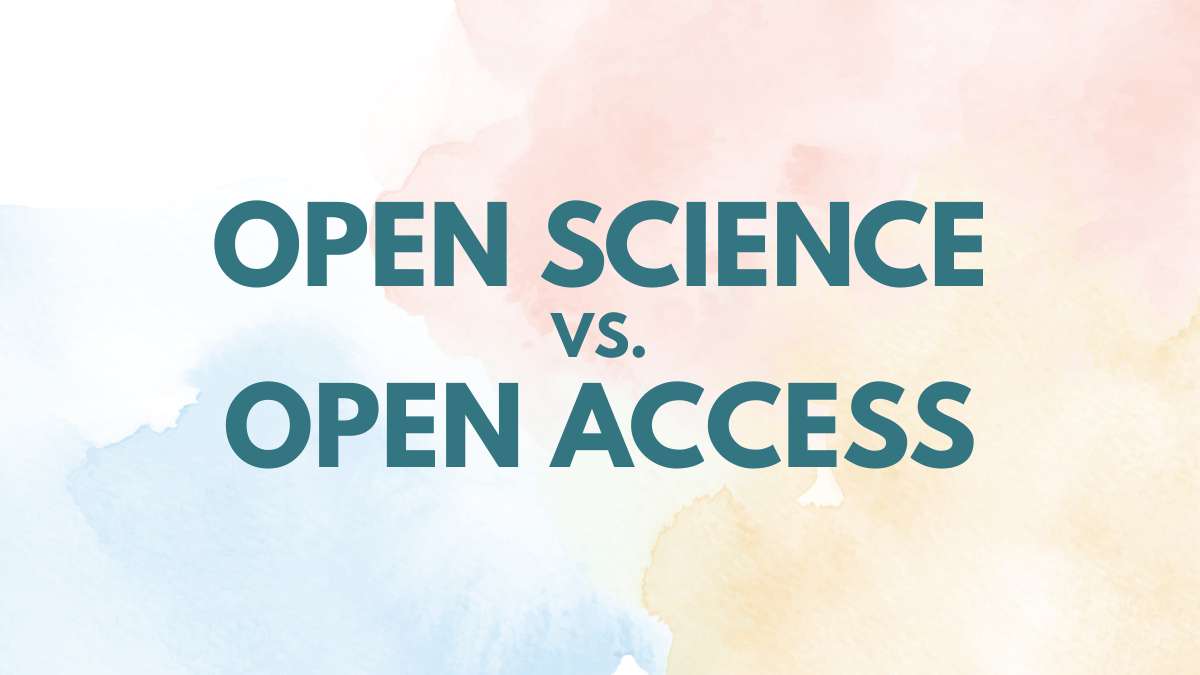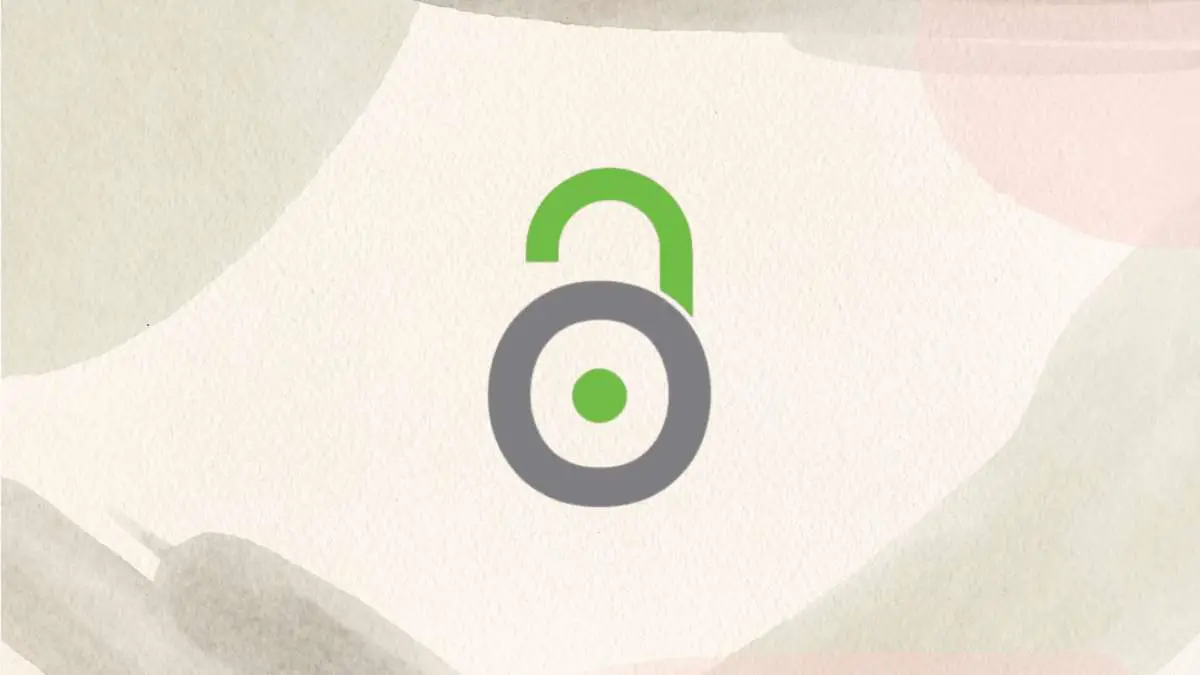Open Science vs. Open Access: What Are the Differences?
Introduction The world of scholarly publishing is brimming with buzzwords that often sound interchangeable. “Open access” and “open science” are two of the most prominent—and most misunderstood—terms in this lexicon. At first glance, they may seem to describe the same noble ideal: a more transparent, democratic system for disseminating research. But scratch the surface, and … Read more




